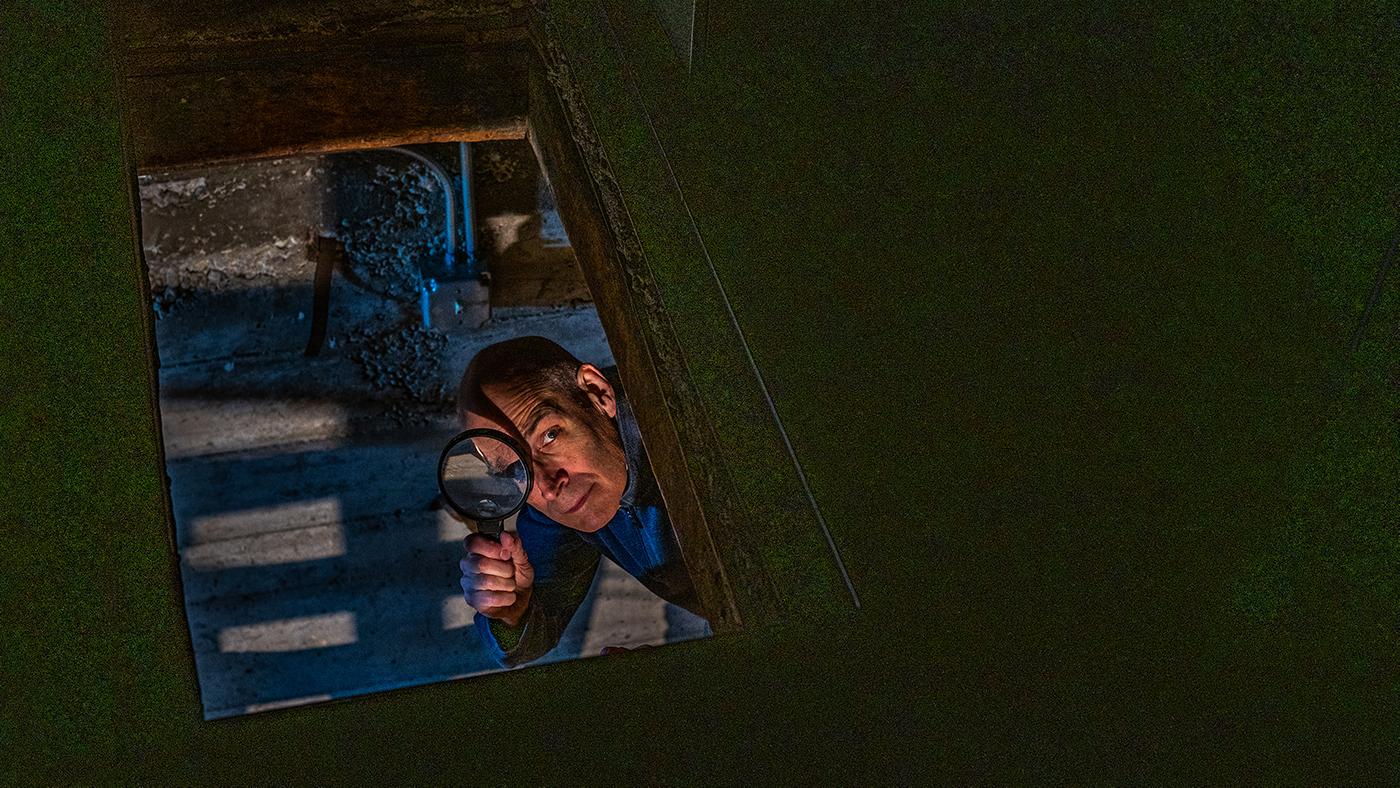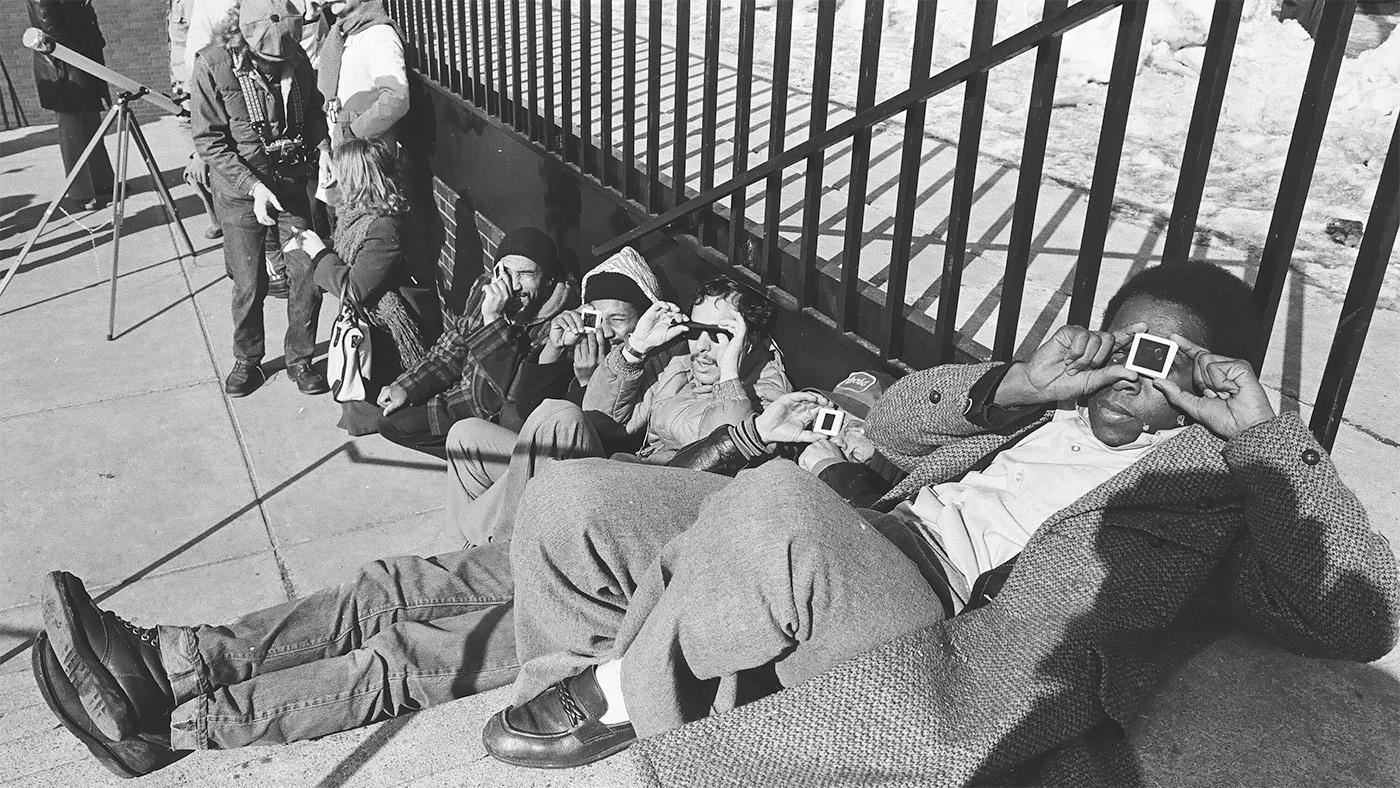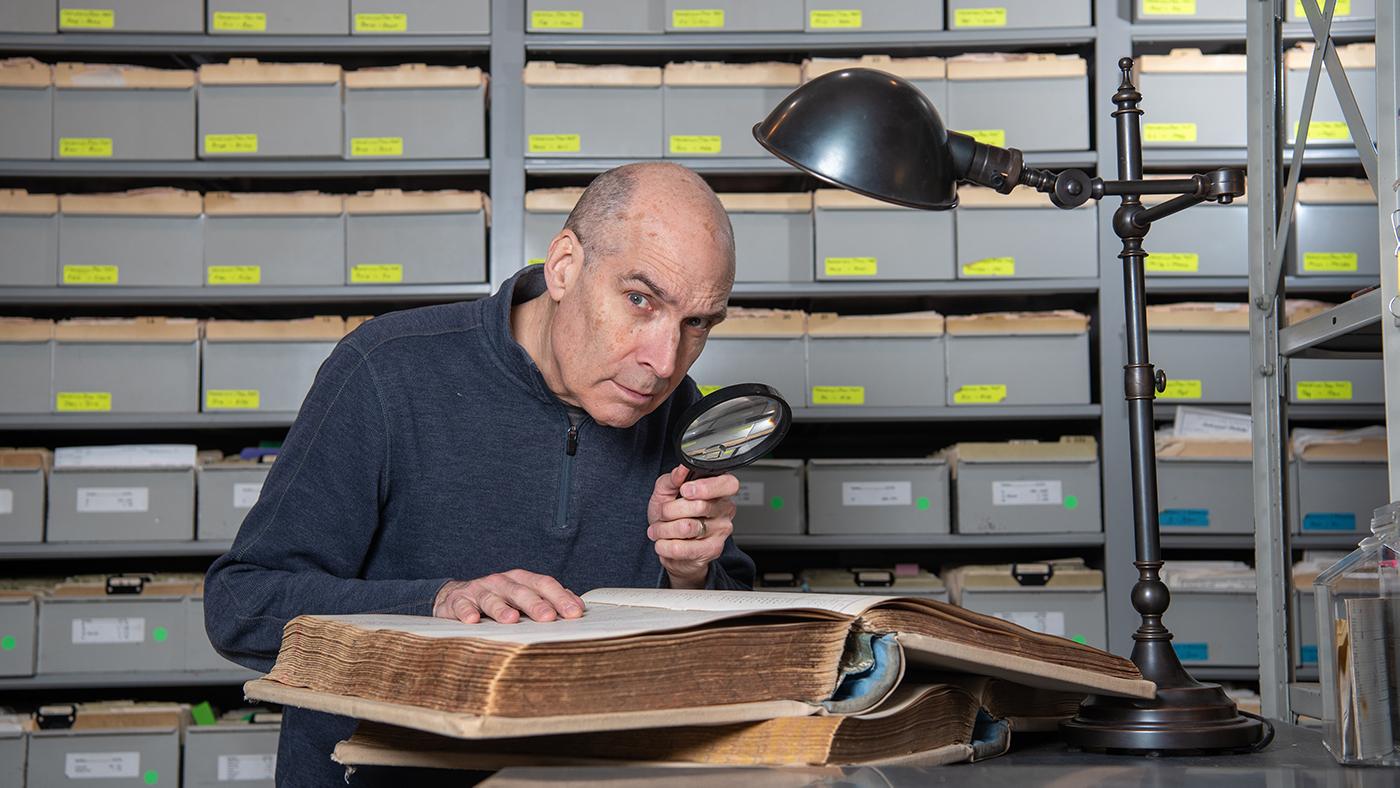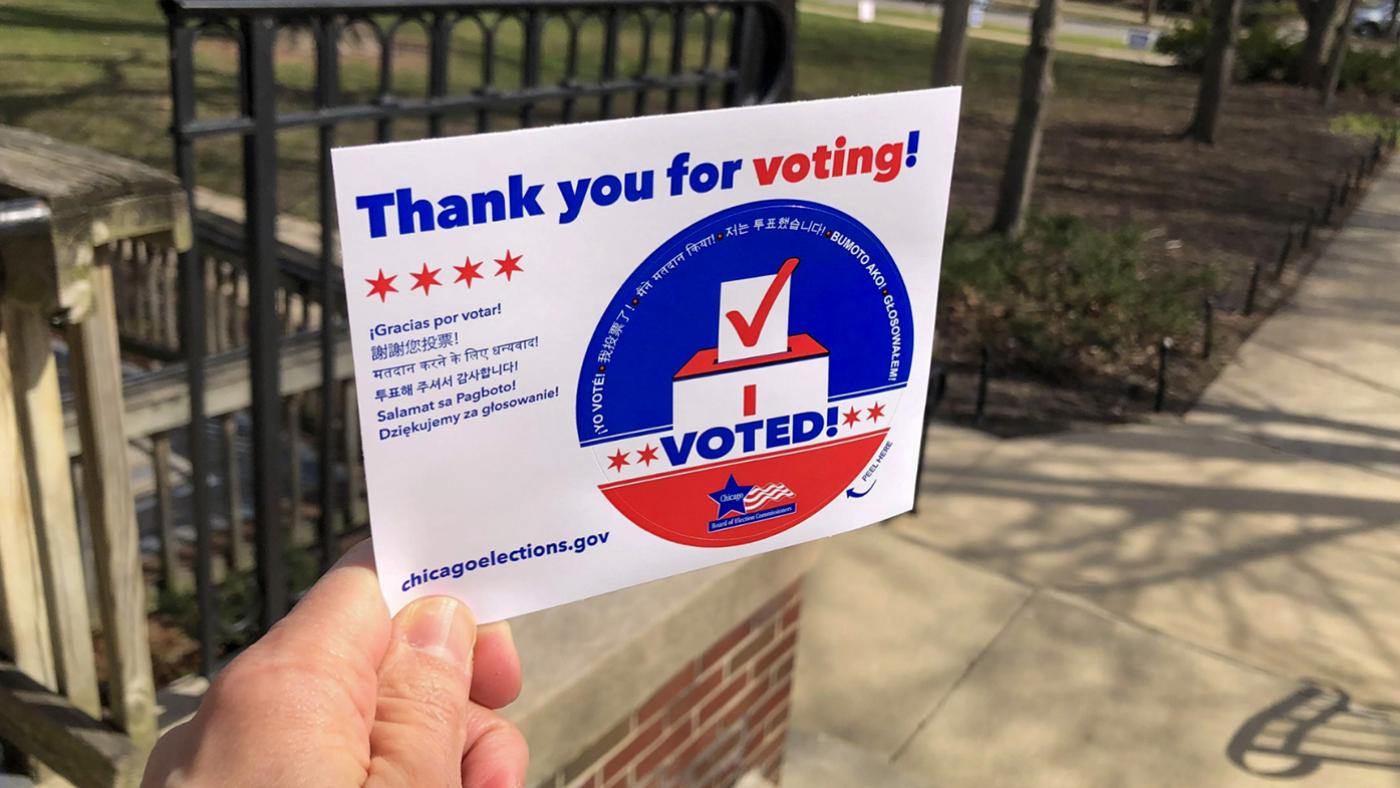Christiane Amanpour's Most Impressive Journalistic Coups
Daniel Hautzinger
December 8, 2017
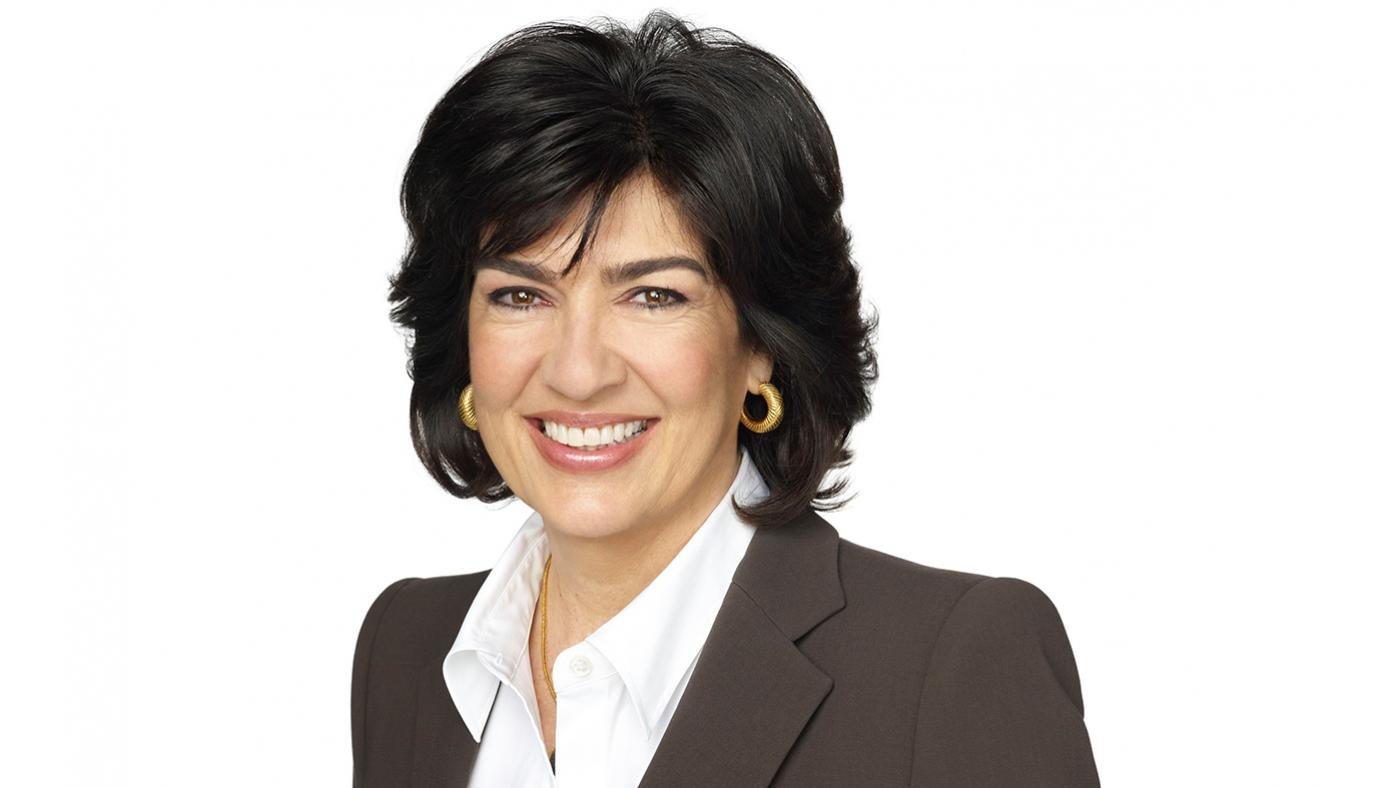
Amanpour on PBS airs weeknights.
Beginning December 11, the global affairs interview program Amanpour on PBS will air weeknights on WTTW Prime. The show is hosted by CNN’s chief international correspondent Christiane Amanpour, who has led the show since 2009, except for a two-year break from 2010 to 2012 to host ABC News’ This Week. Amanpour is one of the most prominent international reporters in the world, known for her war coverage and for garnering exclusive interviews with world leaders. Look back at some of her impressive accomplishments, which read like a list of the major global conflicts of the past three decades.
Early coverage of Iran
Amanpour has an Iranian father and grew up in Tehran and England. After starting at CNN in 1983, she helped the network win its first duPont Award in 1986 with her contributions to a series on Iran.
The fall of Communism
In 1989, Amanpour was assigned to Frankfurt, West Germany, from where she became one of CNN’s main reporters on the democratic revolutions sweeping Eastern Europe as the Soviet Union fell apart.
The Gulf War
Amanpour’s coverage of the Iraqi invasion of Kuwait in 1990 and the subsequent ousting by a U.S.-led coalition gained her international recognition.
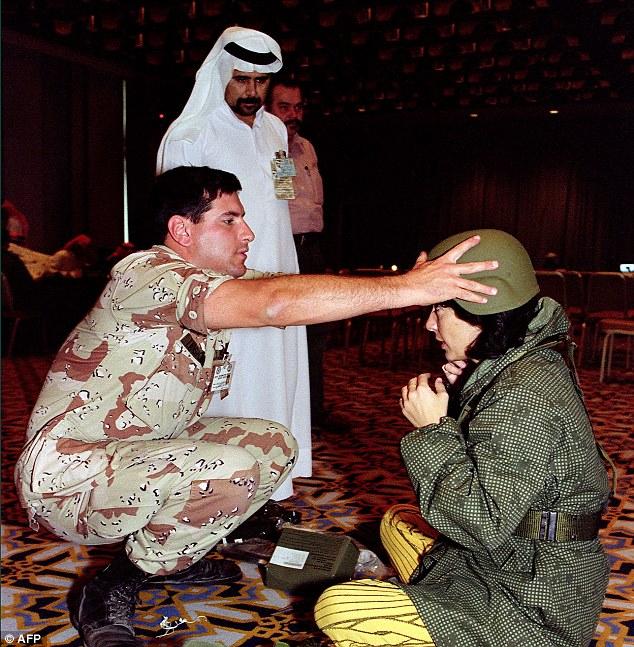 Christiane Amanpour during the Gulf War
Christiane Amanpour during the Gulf War
The Bosnian War
Amanpour has referred to her coverage of the mid-1990s crisis in Bosnia as her most important and significant work, and it is also what developed her reputation as a leading war correspondent. While some claimed her coverage was biased, she has defended it by saying that “where you [have] ethnic cleansing – genocide – you have a duty to call it like it is.” During the four years of the conflict, she also reported on mass genocide in Rwanda, though she feels that she failed as a journalist in drawing attention to that crisis. She returned to the topic of the Bosnian war later, when she covered parts of the trial of the Serbian war criminal Slobodan Milošević.
Interviews with Middle Eastern leaders
Amanpour was the last journalist to interview King Hussein of Jordan before his death in 1999 and the first to interview his son King Abdullah. She spoke with Iranian President Mohammad Khatami after his re-election in 2001 and Mahmoud Ahmadinejad soon after his election to the same position in 2005. In 2002, she conducted a contentious live phone interview with Yasser Arafat, the president of the Palestinian Authority, while his compound was being besieged by Israeli troops. The interview ended with him hanging up on her.
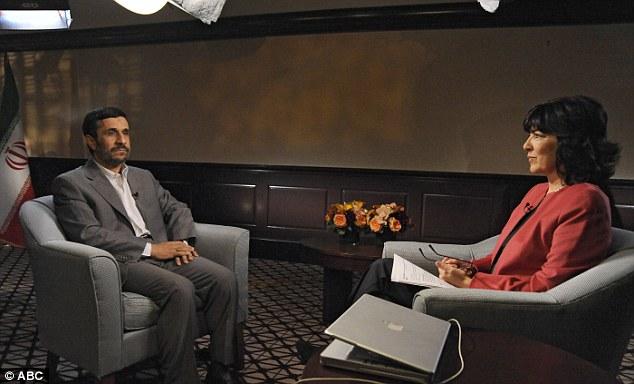 Amanpour interviews former Iranian President Mahmoud Ahmadinejad
Amanpour interviews former Iranian President Mahmoud Ahmadinejad
Post-9/11 Interviews
Amanpour conducted the first interviews with British Prime Minister Tony Blair, French President Jacques Chirac, and Pakistani President Pervez Musharraf after 9/11.
The Indian Ocean tsunami
After the terrible 2004 tsunami off the coast of Indonesia that killed between 230,000 and 280,000 people, Amanpour reported on the devastation. (She returned to Indonesia for a less somber occasion in 2015 when she conducted one of the first interviews with President Joko Widodo after his election.) That same year, she critically interviewed Sudanese President Omar al-Bashir during the genocide in Darfur and the continuing Sudanese civil war.
The Arab Spring
Amanpour chronicled the fall of some of the Arab world’s longest-lived leaders during the Arab Spring, interviewing Egyptian President Hosni Mubarak a week before his resignation in February of 2011 and, a few weeks later, Libyan leader Moammar Gadhafi in his last interview before his capture and execution. (She had also covered the trial of Saddam Hussein in 2005.)
Advocating for children and refugees
Amanpour has long been an advocate for refugees and has faulted the world for not doing more for them, as well as for HIV-infected children in Africa, whom she profiled in a 2006 documentary. In September of this year, she wrote a plea for the world to help refugees (and disclosed startling statistics, such as an estimate that less than one percent of refugees are accepted around the world) for Vanity Fair.
Protecting journalistic freedom
Recently, Amanpour has spoken out against criticism of the press by President Trump, Steve Bannon, and others. Speaking at the Committee to Protect Journalists in late November of 2016, she said “I never in a million years thought I would be up here onstage appealing for the freedom and safety of American journalists at home.” And after Bannon called the media “the opposition party,” she tweeted, “Sorry, what country are we in?” (Amanpour argued that media coverage of Hillary Clinton during the 2016 campaign was sexist, and conducted the first post-election interview with Clinton.)

